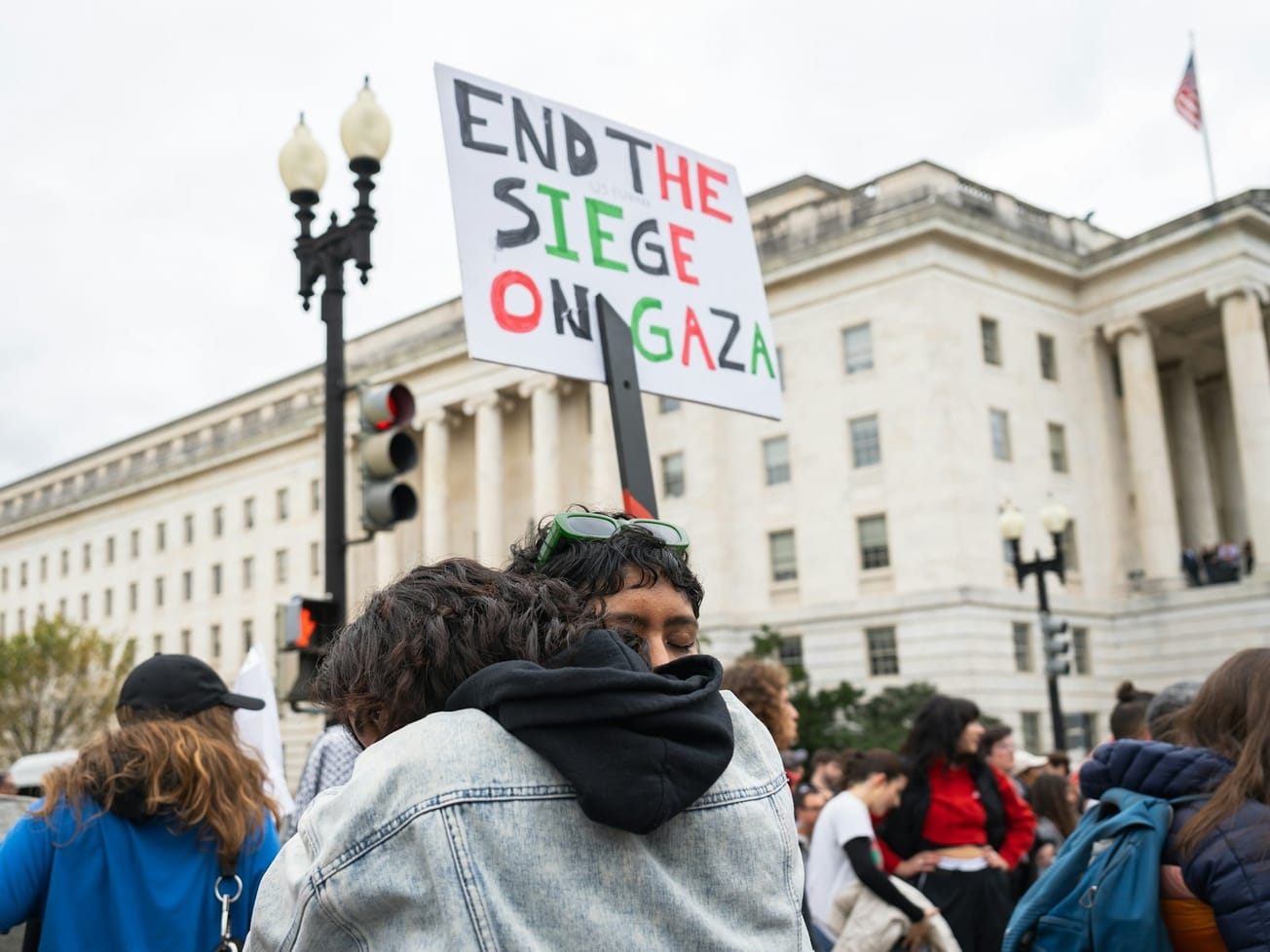With Israel intent on destroying Hamas and the United Nations powerless to slow the carnage, the humanitarian crisis for innocent Palestinians caught up in the fighting grew only more desperate as the number of people killed in Gaza crossed the 9,000 mark.
"We are running out of words to describe the horror unfolding in Gaza," World Health Organization Director-General Tedros Adhanom Ghebreyesus told a media briefing on Thursday.









